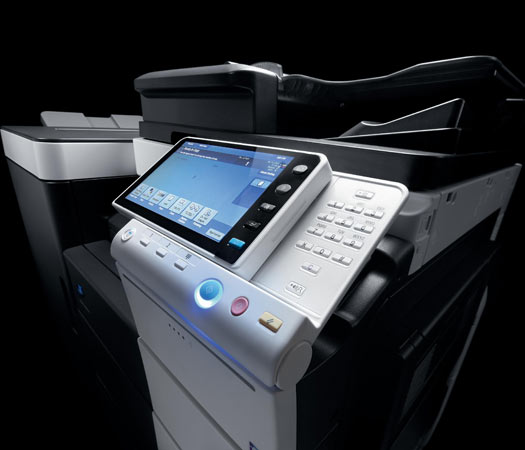When purchasing something is not quite possible or desired, the option for many individuals and companies comes down to leasing or renting. While both have similarities, getting access to an asset for a limited period, there are significant differences as well.
LEASING
A lease is a contract to rent an asset, for a set period of time and for set payment terms. Leases often come with many conditions in terms of the allowed use of the asset and even required maintenance terms.
A typical lease is often long term, ranging from 1 year to as many as 10 or 20 years. Significant penalties can be incurred by either party, the lessor (owner of the asset) or the lessee (user of the asset), in the event that either party violates the lease.
It is also not uncommon for the asset to revert to the lessee at the end of the lease automatically or for what is termed a bargain purchase option where the asset can be bought for significantly less than it is worth. This means that once the lease runs its course you have effectively bought the asset, though when considering the lease payments often for far more than it was actually worth.
From an accounting and tax perspective leases typically fall into two main categories, operating leases and capital leases. If the lease terms meet certain criteria the lease will be considered capital, including:
1.) The value of the lease payments makes up most of the fair market value of the asset
2.) The life of the lease makes up most of the effective useful life of the asset
3.) There is a bargain purchase option.
Capital leases require you to record the leased asset as a fixed asset on your financial statements and also record the lease obligation as a liability. Over time the value of the asset is amortized and the lease obligation decreases through payments made.
An operating lease has no such requirement and you can simply expense the lease payments each time they are made, for accounting and tax purposes.
Renting
Renting typically involves a shorter time period, often 1 year maximum, with the option to extend after the term at the discretion of both parties. Rentals are more suited to the temporary use of assets when the expectation is that it will not be needed long term. Rental contracts are generally far more casual than lease agreements, where a formal agreement with many terms will be drawn up.
Rental costs are always expensed on the income statement for both accounting and tax purposes.
Lease vs. Rent
The decision to lease vs. rent really depends on what you need. If the asset is integral to your business and you need it there all the time then leasing is your best option. The security and guarantee provided by a lease is important, and it ensures your business has what it needs. For short term periods where you dont need an asset in your business year round then renting is likely a better option. Renting may cost more over that short term period but the total cost to you will be lower since you wont have the asset for many years.
Other areas where rentals work out are in industries that are rapidly evolving technology wise. In some industries assets become outdated within 1 or 2 years, and a lease could leave you holding outdated assets for 5 or 10 year terms. Ultimately the decision to lease or rent depends on your needs and your industry.
Premium Digital Office Solutions has a wide range of office equipment available to lease or rent that can meet every business need. We stand behind all of our equipment with the same quality service and response time as with a new unit. You can trust us to keep your office equipment up and running. Contact us for more information at (973) 439-1570!


